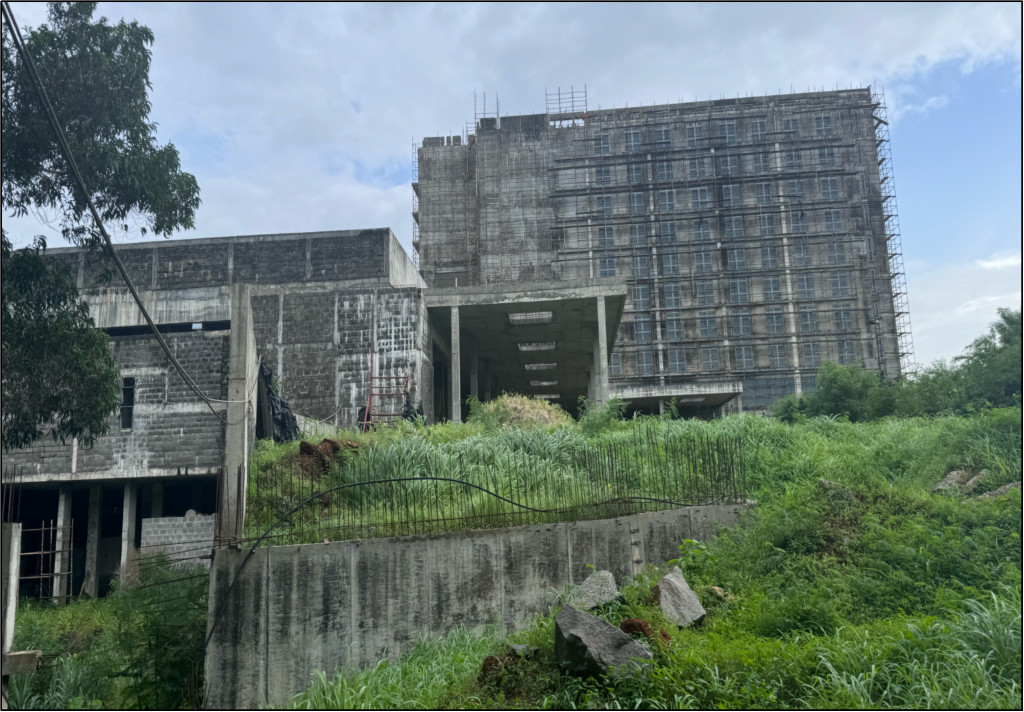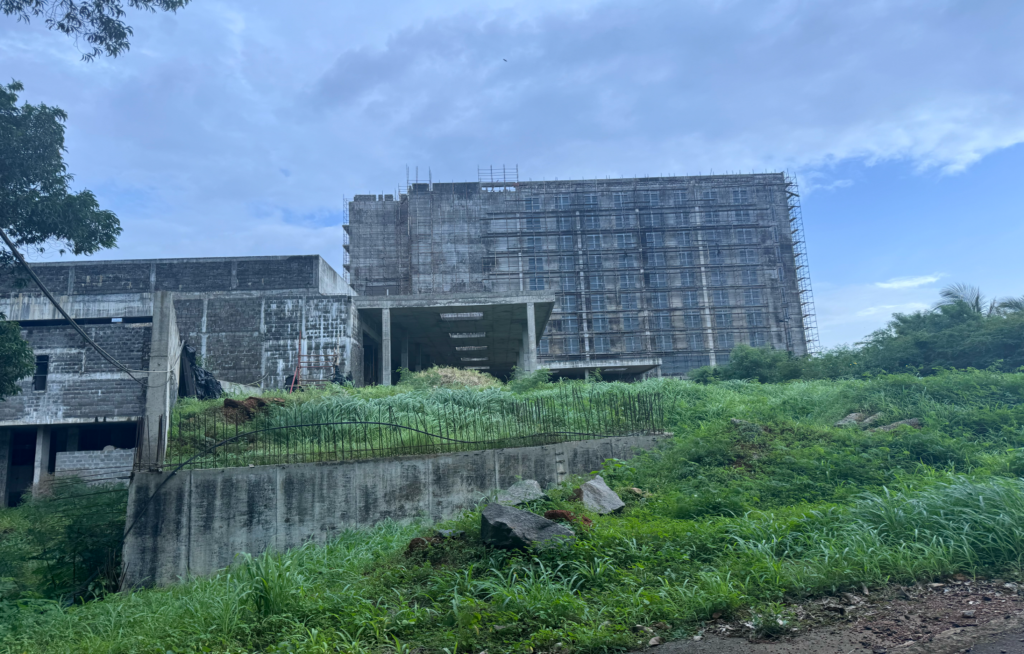The Cape Sierra Hotel project, which was once hailed as a promising venture for job creation, tourism, and local economic development, has since become a visible example of mismanagement and inefficiency. Nearly 12 years after its inception, the hotel remains unfinished, casting doubt on the National Social Security and Insurance Trust’s (NASSIT) ability to effectively manage such large-scale investments. Initially, the project was praised for its ability to boost the local economy and create job opportunities.
However, over time, the reality has fallen short of expectations. NASSIT has cited several roadblocks that have slowed progress, including funding delays and the Ministry of Lands’ failure to approve the land title plan.
Despite these obstacles, NASSIT has not taken any action to reclaim the project from the concessionaire, Shapoorgi Pallonji Engineering Construction Companies, which stopped working on the hotel four years ago. The project agreement required the concessionaire to secure a performance bond, and NASSIT retained the right to reclaim the hotel if construction was not completed within the agreed-upon time frame. NASSIT has yet to enforce this provision, leaving the project in limbo. This lack of action has raised concerns about NASSIT’s ability to oversee complex projects, particularly those involving pensioners’ financial futures.
Many stakeholders are questioning NASSIT’s ability to navigate the bureaucratic landscape required for the project’s success, especially given the significant delay in obtaining Ministry of Land approval for the title plan.

NASSIT pensioners are currently in a precarious position, uncertain about the fate of their investments in the Cape Sierra Hotel project. With construction reportedly only 75% complete and funding suspended until the Ministry provides the necessary approvals, the hotel’s future remains uncertain.
NASSIT’s ongoing efforts to recover pensioner funds and save the project highlight the critical importance of effective governance and oversight when managing high-profile investments. The stalled development of the Hilton Freetown Cape Sierra Hotel serves as a cautionary tale about the risks associated with large-scale projects, as well as the importance of accountability in public sector investments.
As NASSIT deals with these issues, the future of the Cape Sierra Hotel project hangs in the balance, leaving both investors and the Sierra Leonean public anxious for a resolution. In our next edition, we will provide an in-depth analysis of NASSIT’s ongoing difficulties in recovering pensioners’ funds from various failed projects, shedding light on the larger implications for the country’s social security system.
